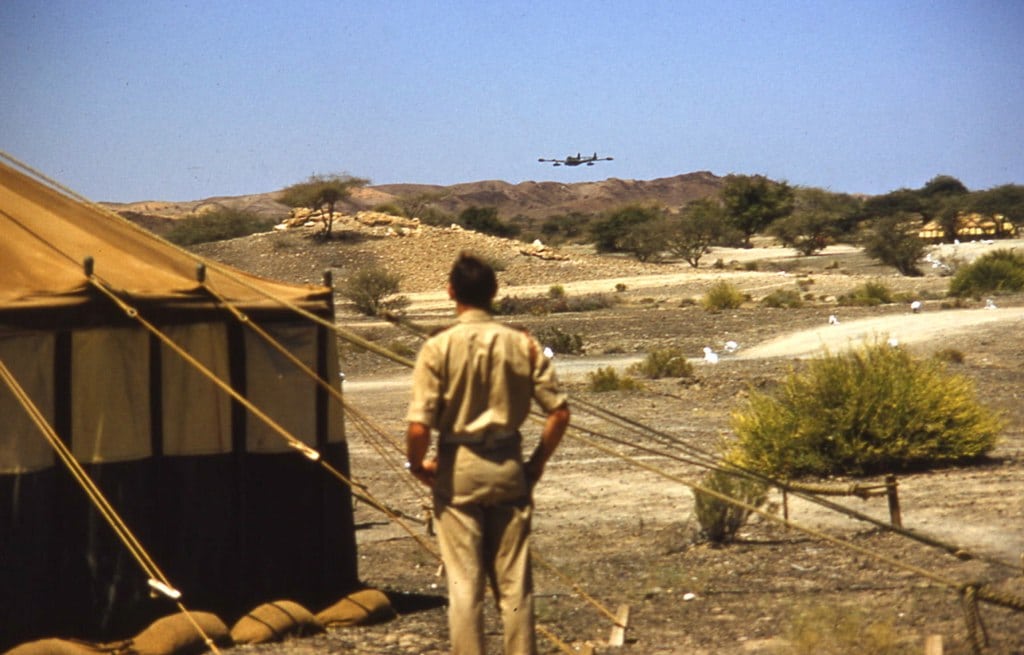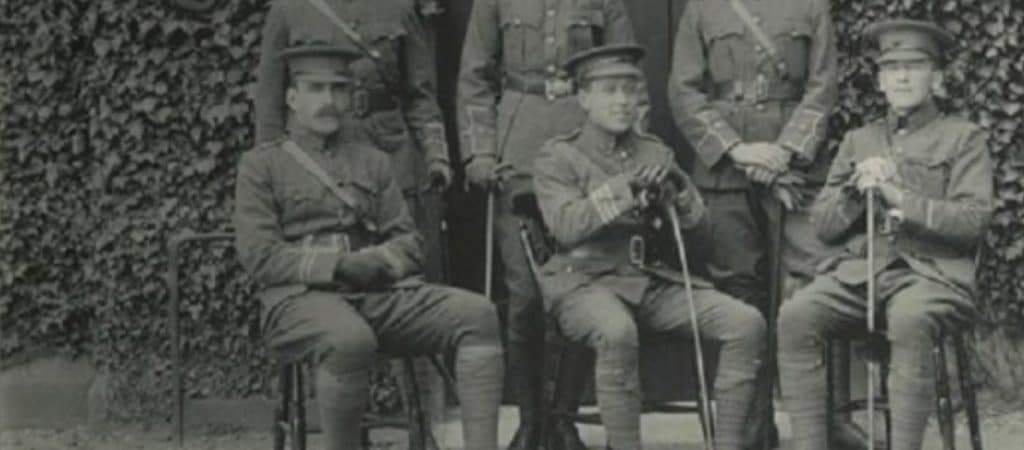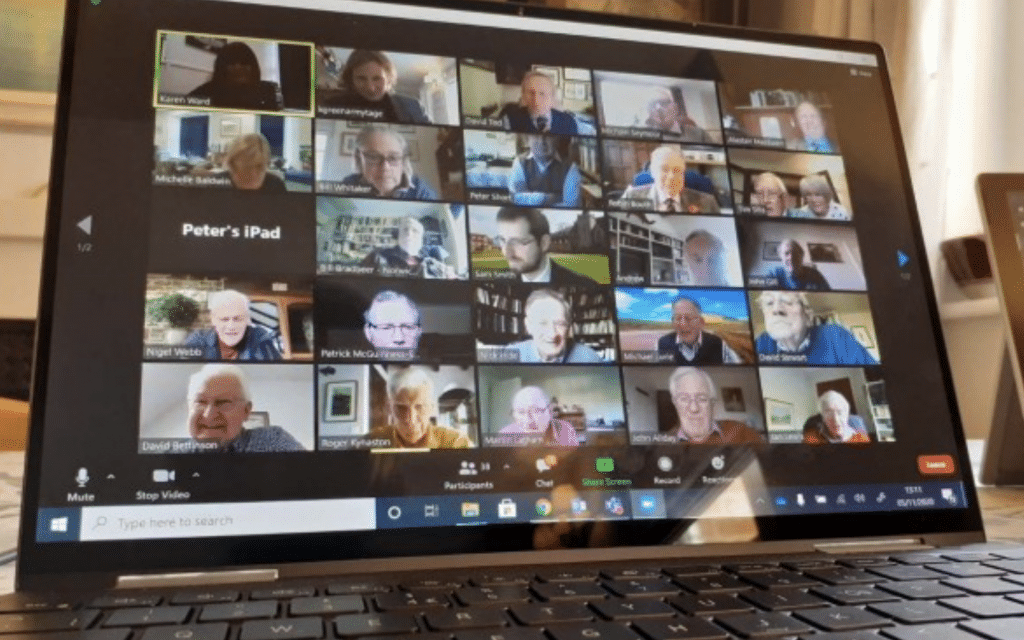After leaving Bradfield, I joined the British Army and, following training at Eaton Hall and the Royal Military Academy Sandhurst, I commissioned into the 1st Battalion Royal Inniskilling Fusiliers, following in the footsteps of my father, grandfather and several great uncles. By the time I commissioned, the Inniskillings were the demonstration Battalion at the School of Infantry in Warminster, showing trainees ‘model’ demonstrations of various military manoeuvres. It was a dull role and certainly nothing like those held by my forebears who fought on the frontiers of India in the defence of the ‘Jewel of the Empire’. I duly applied for every foreign army posting that I could think of but was turned down repeatedly due to my youth and inexperience.
Incidentally, committing a social faux pas proved a turning point in my luck and I received a rapid posting to the Trucial Oman Scouts (TOS), based in the modern-day United Arab Emirates. They were a small unit of local Arab troops, ‘jundee’, led by British Officers, the more senior of whom had held positions in the Indian Army following disbandment in 1948.
The TOS operated in support of the Sultan of Muscat Armed Forces (SAF) in complex action that was part insurgency part civil war, and locally referred to as the ‘Jebel War’. The action manifested as a tribal uprising led by separatist Sheikhs in Oman’s interior, against the Sultan of Muscat and Oman, in the name of Oman’s traditional spiritual and secular ruler, the Imam. The separatists’ war cry was that it was their patriotic duty to either throw off the rule of the Sultan, a British client, and restore Oman’s traditional system of rule, or secede and follow their own path. They were, however, being manipulated as the conflict was a proxy war against the British led by President Nasser of Egypt and King Saud of Saudi Arabia1. Our role, defending British interests in the region, was therefore an important one and one of which I was proud to be a part.
Upon arrival, I immediately felt at home in my new unit. The Senior Officers were a motley crew yet friendly and welcoming. They were wonderful with the jundee, yet, whilst their desert and mountain experience were second to none, they were not at all au fait with the latest weaponry. The younger officers were like me, in search of a more adventurous life than their regiments could offer and the TOS certainly delivered on that. We were thrown in at the deep end with few comforts and lots of responsibility and I, for one, thrived on it.
My first role was Force Training Officer overseeing recruits at Wadi Quor, a makeshift camp in the middle of the desert. The recruits were mostly Bedouin and, owing to their nomadic way of life, had no perception of military discipline. Orders, as opposed to being acted upon instantly, became topics of detailed discussion, yet everything was done in the end. My assimilation into Arab culture was greatly assisted by my Adeni interpreter Lieutenant or ‘Mulazim’ Saleh, and, stuck out in the middle of the desert with 150 jundee, I learnt the rudiments of Arabic necessary in my role.






